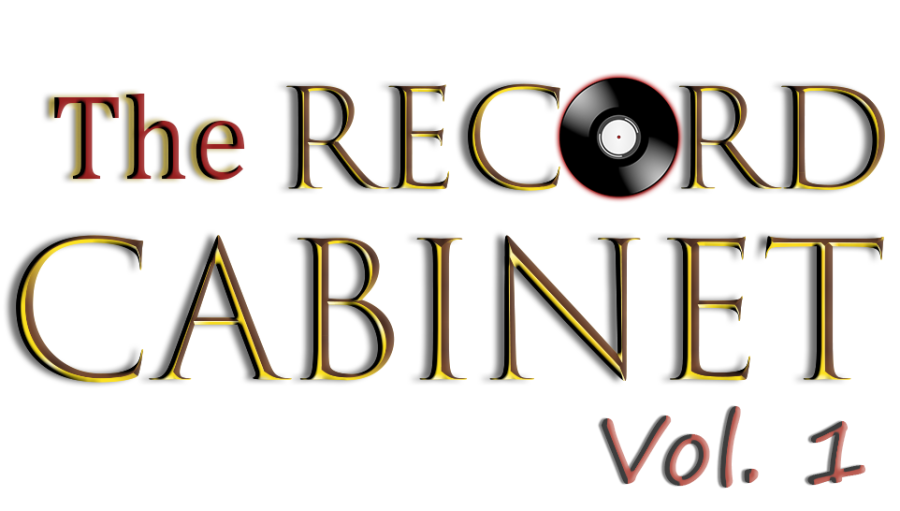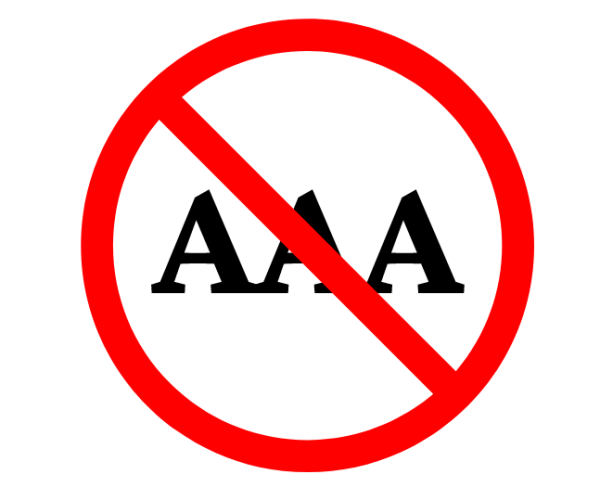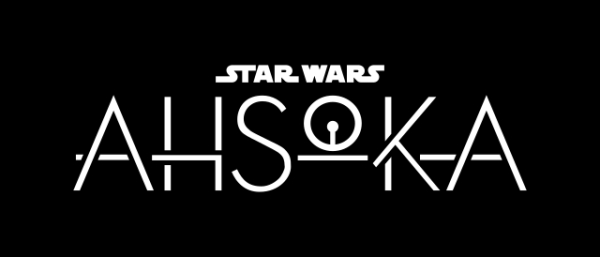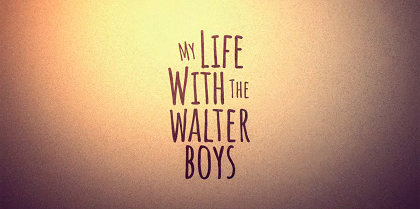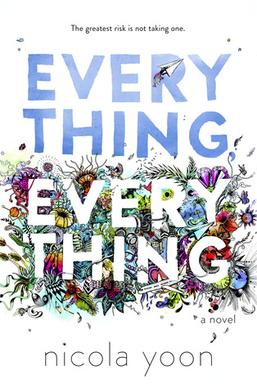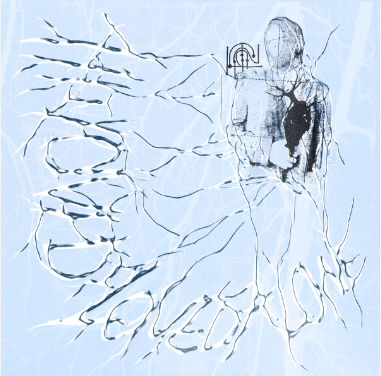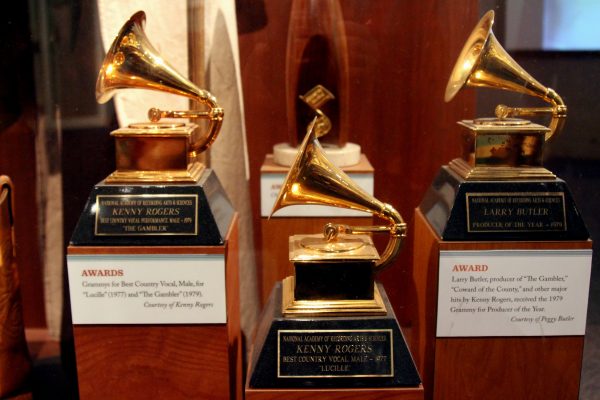The Record Cabinet – “Don’t Look Back”: Take a Chance on Rock n’ Roll
“Don’t Look Back” by Boston is one of Principal Kraig Kelican’s favorite albums. He fell in love with it during high school, saying, “It was popular when I was in high school, and it always stuck with me… The music itself is different than everything else.” The title track of the album, “Don’t Look Back,” is also one of his favorite songs.
After Boston released their debut album, “Boston” (1976), the band followed the top-seller album with their sophomore album “Don’t Look Back”, two years later. Ten days after the album’s release, it had already sold over one million copies. With highlight singles such as “Don’t Look Back,” “A Man I’ll Never Be,” and “Feelin’ Satisfied,” the band had a promising follow-up album.
Opening the album, “Don’t Look Back” has excellent vocal talent displayed by vocalist Brad Delp, along with songwriting by Tom Scholz. The song takes everything developed from “More Than a Feeling,” and runs with it. The guitar riffs throughout the six-minute track drive the song forward, and while upon the first listen the pre-chorus can sound confusing, it flawlessly drives into an incredibly catchy chorus. The song takes every second and does something of use with it, whether building the song up, or to keep the momentum rolling. Entering seamlessly after transition track “The Journey,” “It’s Easy” continues the upbeat feel left by “Don’t Look Back” with a lyric-focused song, with dynamic changes throughout the song. The weakest part of the track is the chorus, especially the namesake line of the song, which loses all momentum built up by the verse beforehand. Completely changing styles, “A Man I’ll Never Be” takes the Boston sound into a rock ballad, complete with vocals being the frontal part of the track, with catchy lyrics, great melodies, and soothing harmonies, along with perfectly accompanying guitar and piano parts played by Scholz. The track takes all the time it needs to get where it goes, and it gets there perfectly.
The second side of the album opens with the driving “Feelin’ Satisfied,” bringing forward rock-promoting lyrics with catchy melodies, hand claps (which can be a bit corny), and a great, but simple bass line. In addition, the second half contains a soft break with the vocals taking the lead, pushing forward into an underwhelming guitar solo, almost destroying the mood built up before the vocals. “Party” is one of the more forgettable tracks, mostly since it has the same style and atmosphere as “Feelin’ Satisfied,” especially as it is the immediate track to follow. One of the highlights, however, are the brief stops during the beginning of the chorus, with the guitar playing short licks between the breaks given by the vocals and drums. “Used to Bad News,” the only track written entirely by Delp, fits perfectly into the Boston style, with the vocals fitting perfectly over the guitar lines. The two solos of the track, played on organ and guitar by Scholz and Barry Goudreau, respectively, both highlight the talent of the individuals, and the closing chorus finishes the song perfectly. “Don’t Be Afraid,” the last track of the album, is just a hard-rocker and head-bobber. Vocal melodies and harmonies are on-point, and the guitar fits perfectly in the background, except for when it needs to be heard. The album ends perfectly with a drum fill by Sib Hashian, telling anyone who forgot to check how many songs there were that the album is over. While not the best track on the album by far, which in my opinion belongs to either “Feelin’ Satisfied” or “Don’t Look Back,” it reminds any forgetful listener who Boston really is, and that “Don’t Look Back” is the followup album to the success of “Boston.”
Score: 7/10- Worth a listen if you have a spare moment
Recommended Album: “Boston” – Boston
Thanks for reading The Falconer. We're happy to provide you with award-winning student journalism since 1963, free from bias, conflicts of interest, and paywalls. We're able to continue with the generous support of our local community. If you're able, please consider making a donation. Any amount is incredibly helpful and allows us to pursue new and exciting opportunities.

